Local Women Produce Alternative Charcoal to Minimize Deforestation in Uganda
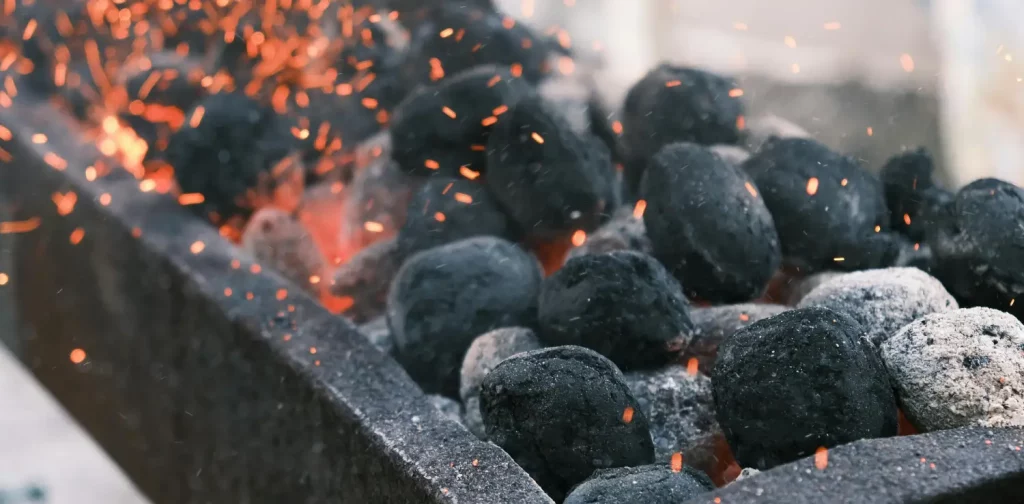
Photo by Sarah Claude on Pexels
Ugandan forests are rich in biodiversity and benefits for people and the environment. Unfortunately, Uganda has lost over one million hectares of tree cover in the past 20 years. Some of this loss is due to the high demand for charcoal as fuel used to meet the daily needs of surrounding communities. To tackle this issue, women leaders have developed alternative charcoal briquettes out of organic waste, primarily food scraps, to help halt deforestation in Uganda.
Deforestation in Uganda
Uganda, a country popularly known as the ‘The Pearl of Africa’, is located in East Africa. Approximately 10% of the land area is presently covered by the forest, which is home to at least 7.8% of the world’s known mammal species and 11% of its bird species, according to the Convention on Biological Diversity.
However, Uganda’s forest cover is under threats of deforestation. One of the causes of deforestation in Uganda is the common utilization of forest products as fuelwood (charcoal) by local communities. Demand for charcoal is high and expected to increase by 6% annually due to population growth and migration from rural to urban areas.
In order to meet this demand, producers of charcoal and non-Ugandan loggers have started to forcibly remove protected forest reserves. This practice has resulted in the loss of vital habitat for wildlife and a sustainable food source for local communities, such as fruit trees.
“Unlike neighboring countries Kenya and Tanzania, which have stricter conservation laws, Uganda is such an open market that you can do anything, you can trade in anything,” said Businge, Women’s Earth Alliance (WEA) Uganda program lead and a co-founder of the Uganda Women’s Water Initiative (UWWI).
Developing Alternative Charcoal
Through training activities facilitated by the Woman Earth Alliance (WEA) and Women’s Water Initiative (UWWI), Ugandan women learn how to make alternative charcoal to minimize the use of wood charcoal from the forest. The charcoal is made of organic waste, primarily food scraps that would otherwise go uneaten, in place of wood to create charcoal briquettes.
The alternative charcoal briquettes offer some benefits for women in Uganda. First, the materials are free, environmentally friendly, and more durable as fuel for cooking. Second, it saves their time, because they don’t have to go to the distant forest to fetch wood for their fuel. Third, local women can sell the waste briquettes for a source of income.
“They keep their livelihood, but they don’t have to cut the trees to do it,” said Hajra Mukasa, WEA’s East Africa regional director at WEA and a leader and educator at UWWI.
Scalable and Adoptable
Making alternative charcoal briquettes from organic is a good practice that has also been utilized and researched in other communities around the world, such as Indonesia, Saudi Arabia, and Thailand.
This effort to help halt deforestation can be scaled up and adopted across the globe, but collaborative efforts are needed. Research, policy, support, funding, and active participation from governments, the private sector, and local communities are all essential to developing solutions to deforestation that conserve nature, respect local and Indigenous communities, and protect their livelihoods.
Editor: Nazalea Kusuma

If you find this content useful, please consider subscribing to Green Network Asia.
Your subscription will give you access to our interdisciplinary and cross-sectoral insights on sustainability-related issues and sustainable development across the Asia Pacific and beyond, strengthening your personal and professional development while supporting GNA’s financial capacity to continue publishing content dedicated to public education and multi-stakeholder advocacy.
Select Your Subscription Plan

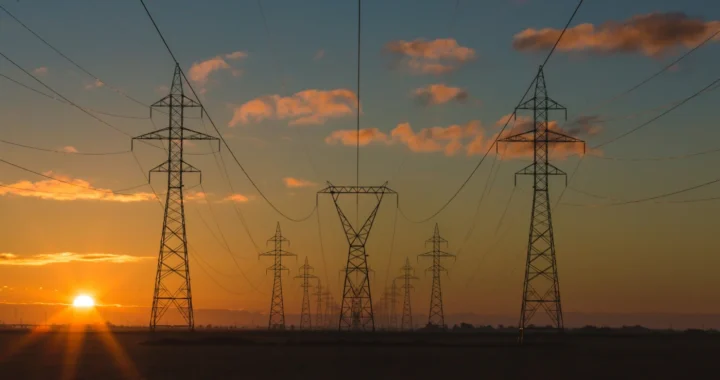 Developing Financing Initiatives for the ASEAN Power Grid
Developing Financing Initiatives for the ASEAN Power Grid 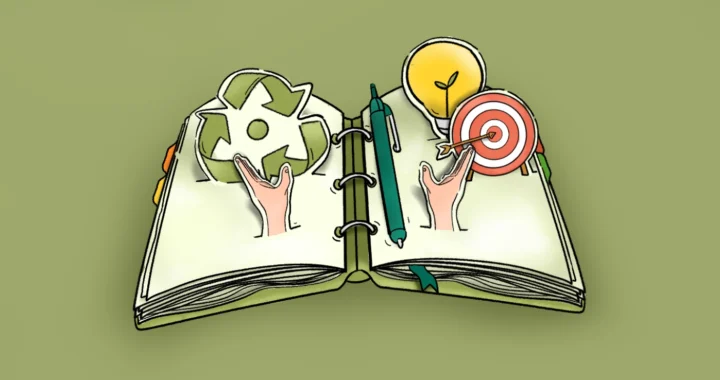 Imparting Actionable Knowledge Through Sustainability Training Activities
Imparting Actionable Knowledge Through Sustainability Training Activities 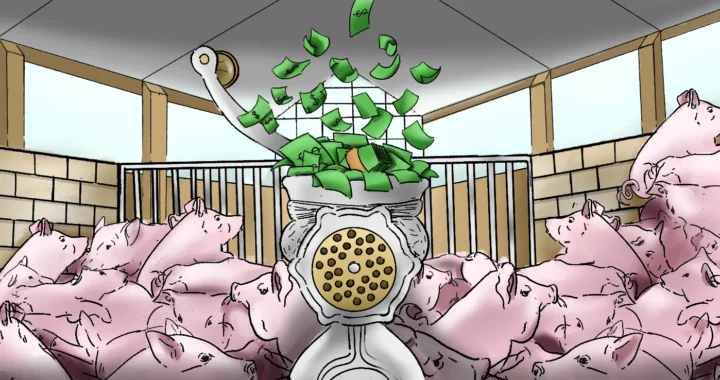 Stop Funding Factory Farming in Vietnam: Pathway to Financing a Just and Sustainable Food System
Stop Funding Factory Farming in Vietnam: Pathway to Financing a Just and Sustainable Food System 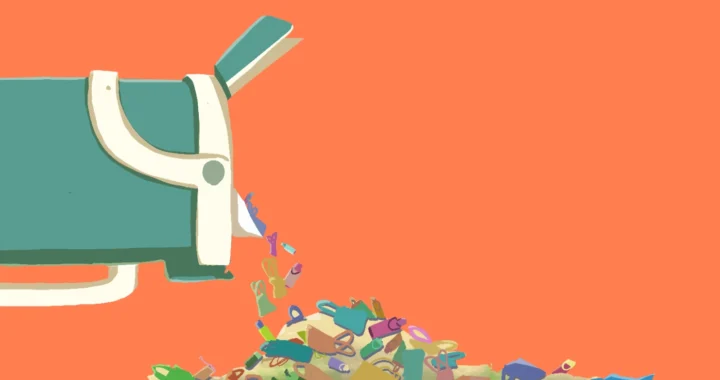 When Green Turns Excessive: The Overproduction and Overconsumption of Reusables
When Green Turns Excessive: The Overproduction and Overconsumption of Reusables 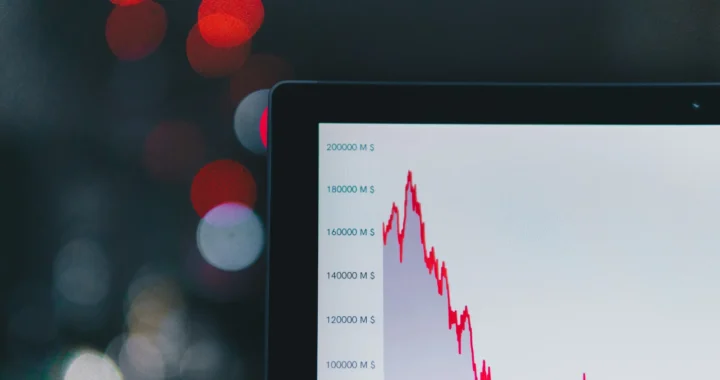 SDG Venture Scaler Aims to Drive Sustainable Investment in Southeast Asia
SDG Venture Scaler Aims to Drive Sustainable Investment in Southeast Asia 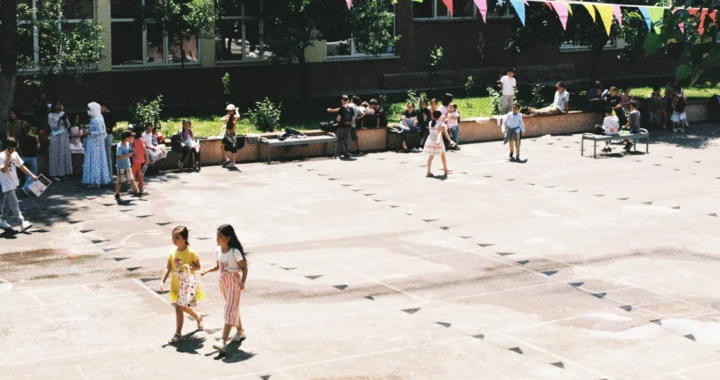 Improving Primary Education in Central Asia
Improving Primary Education in Central Asia